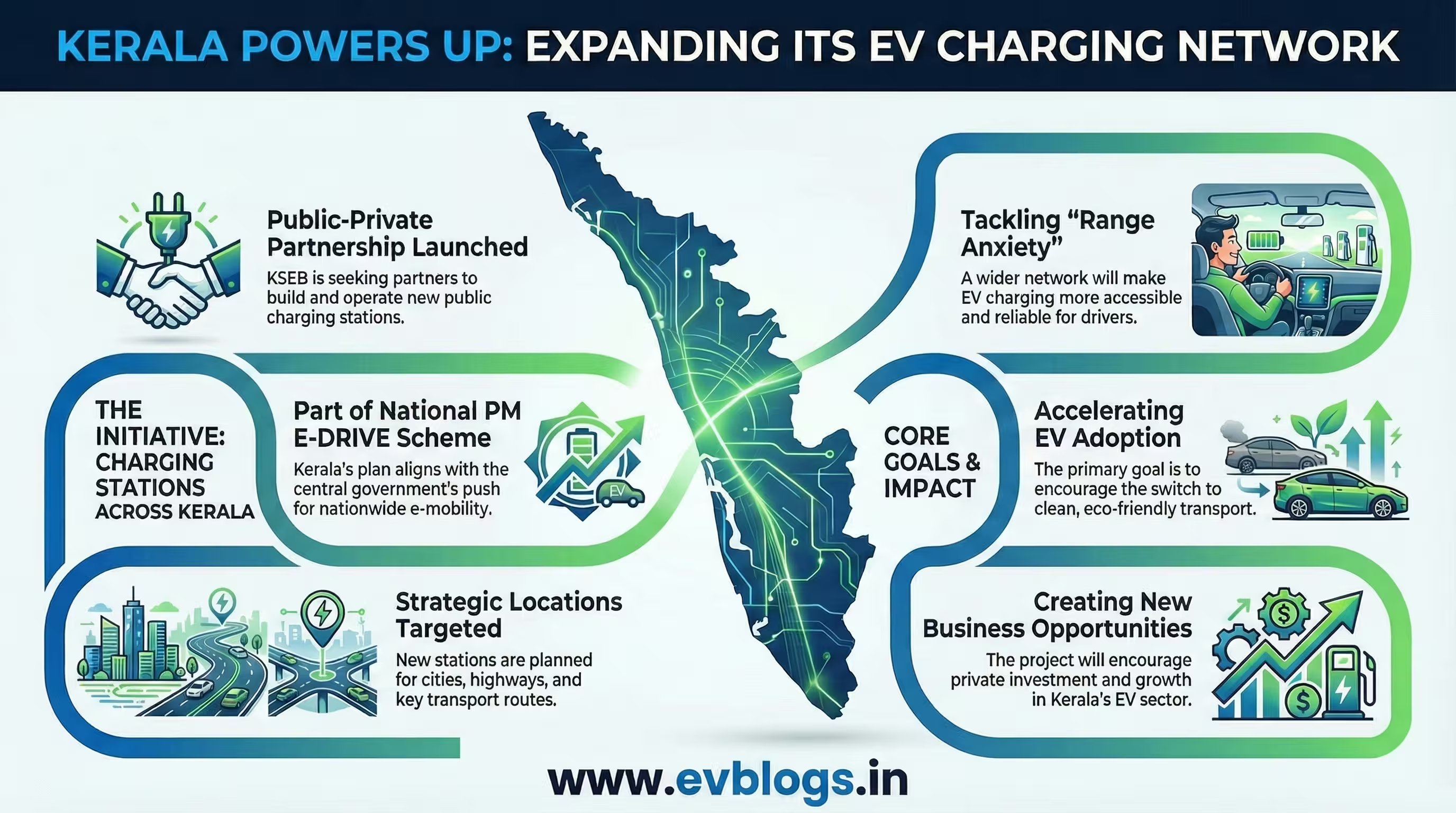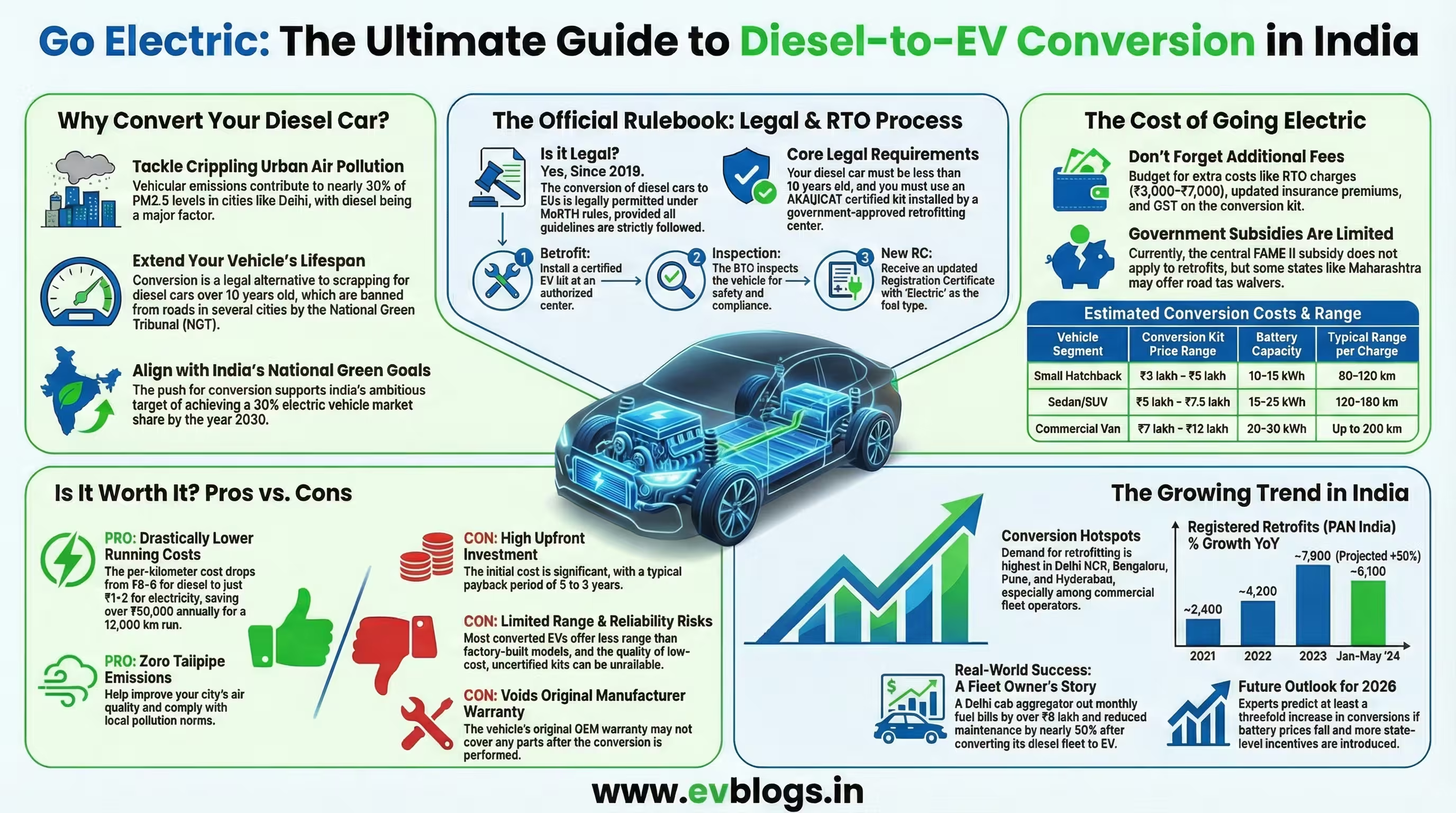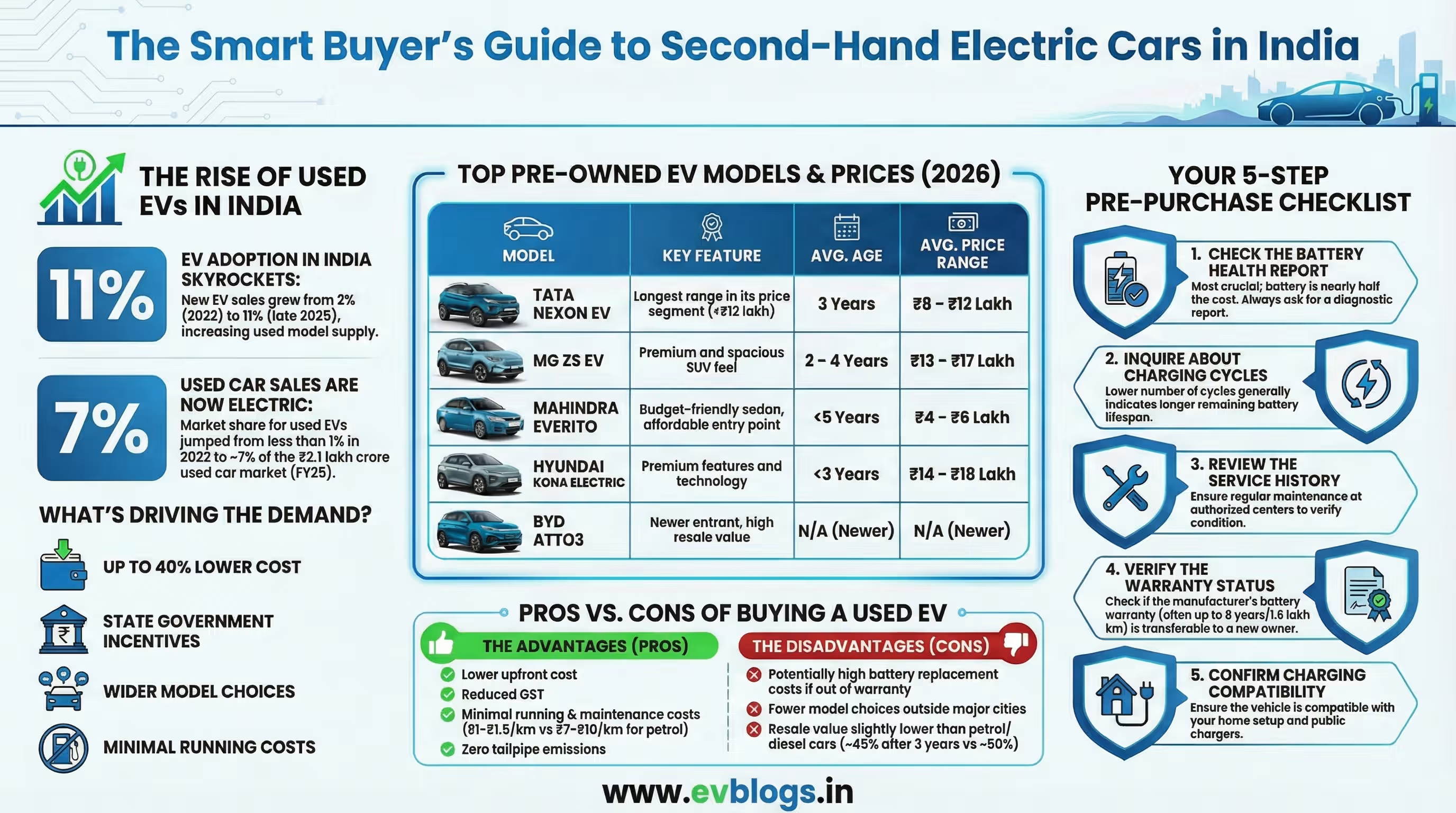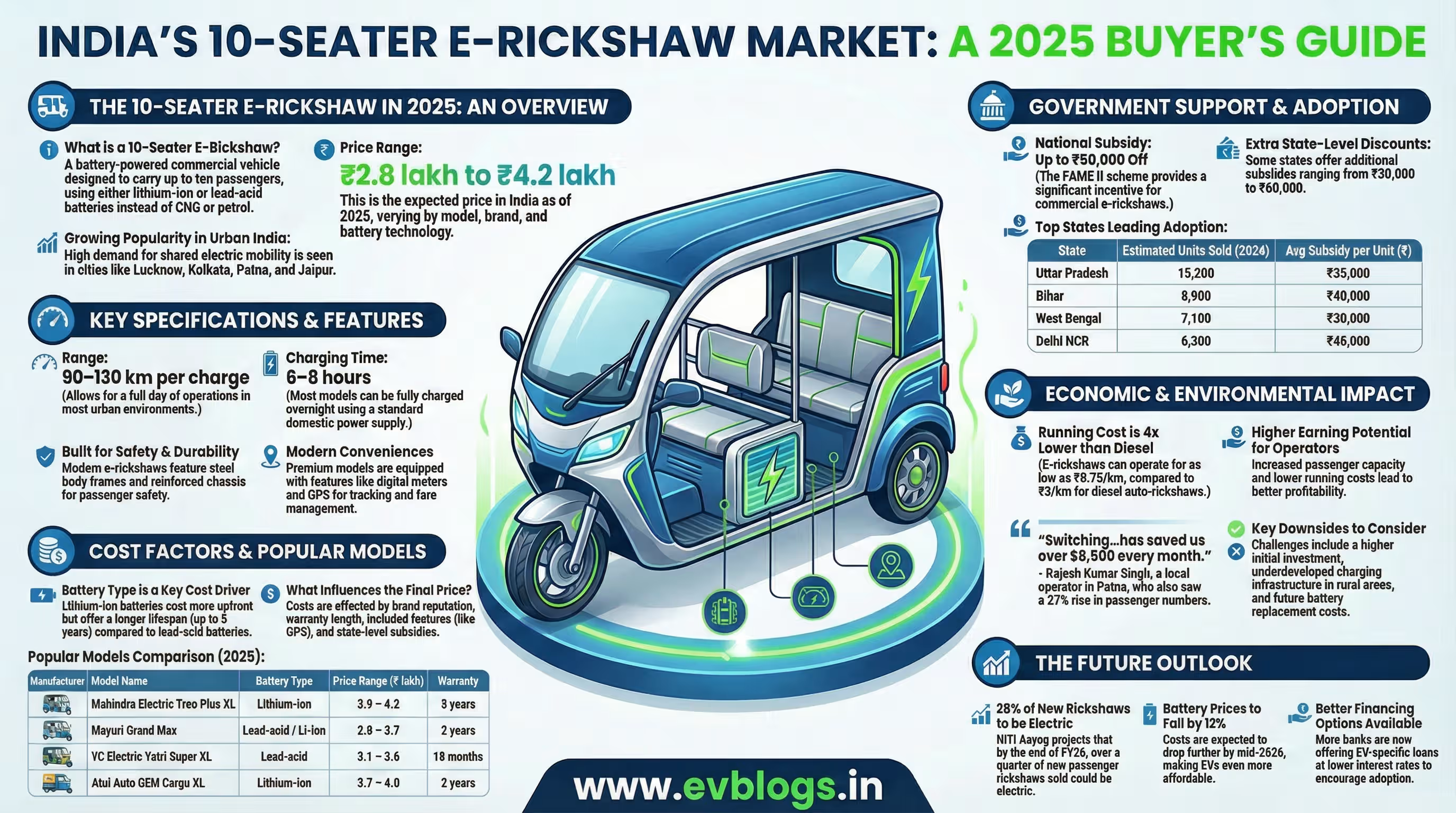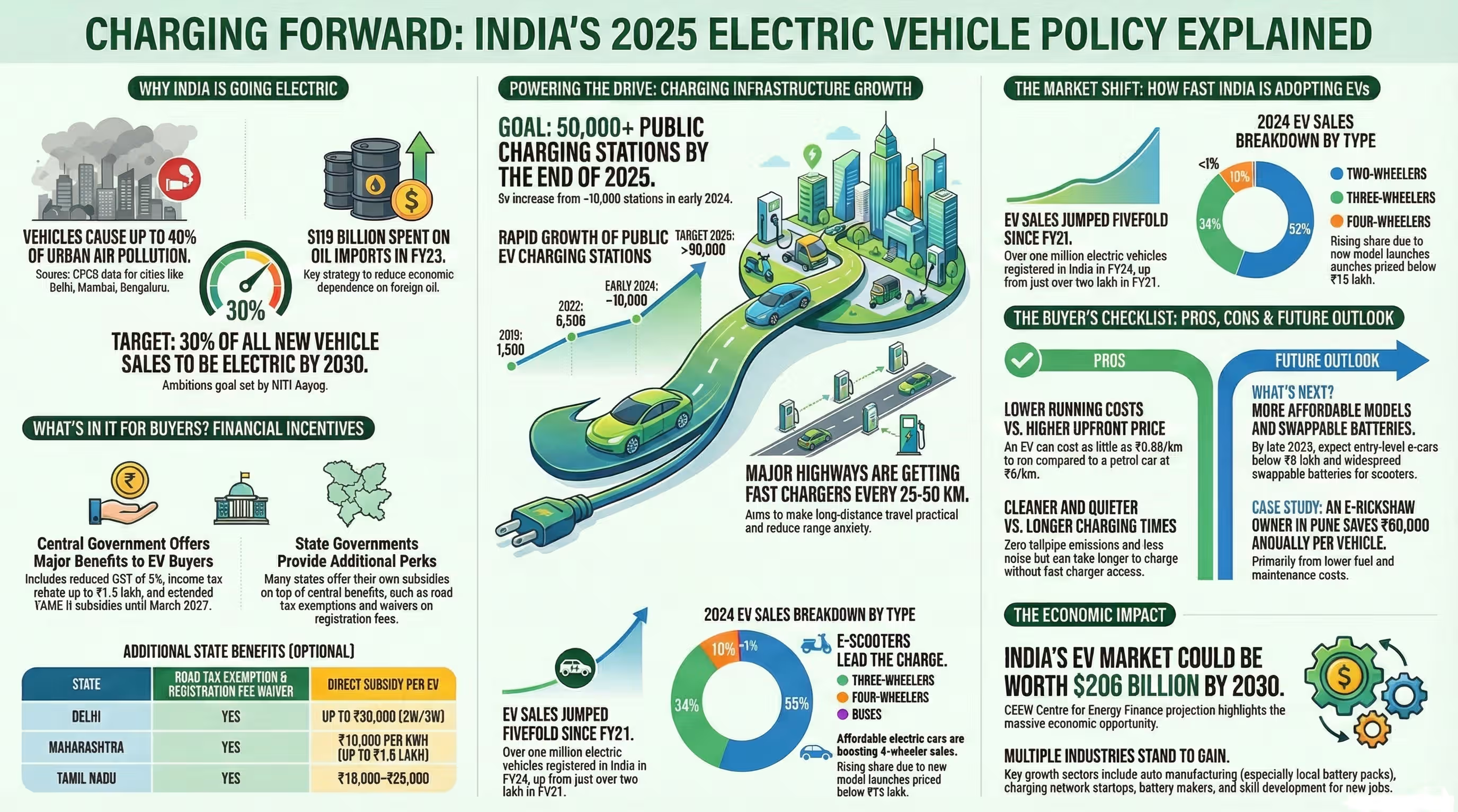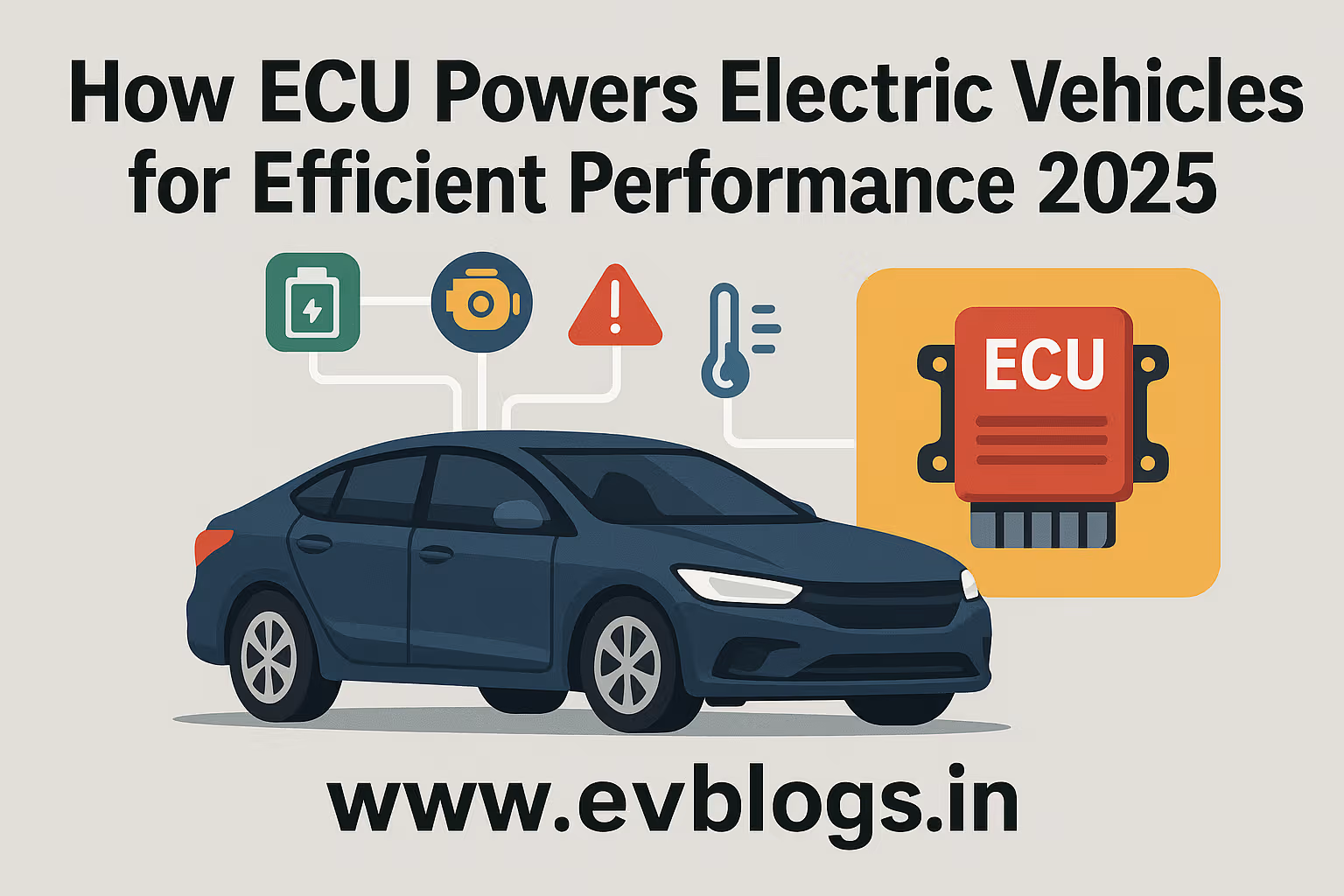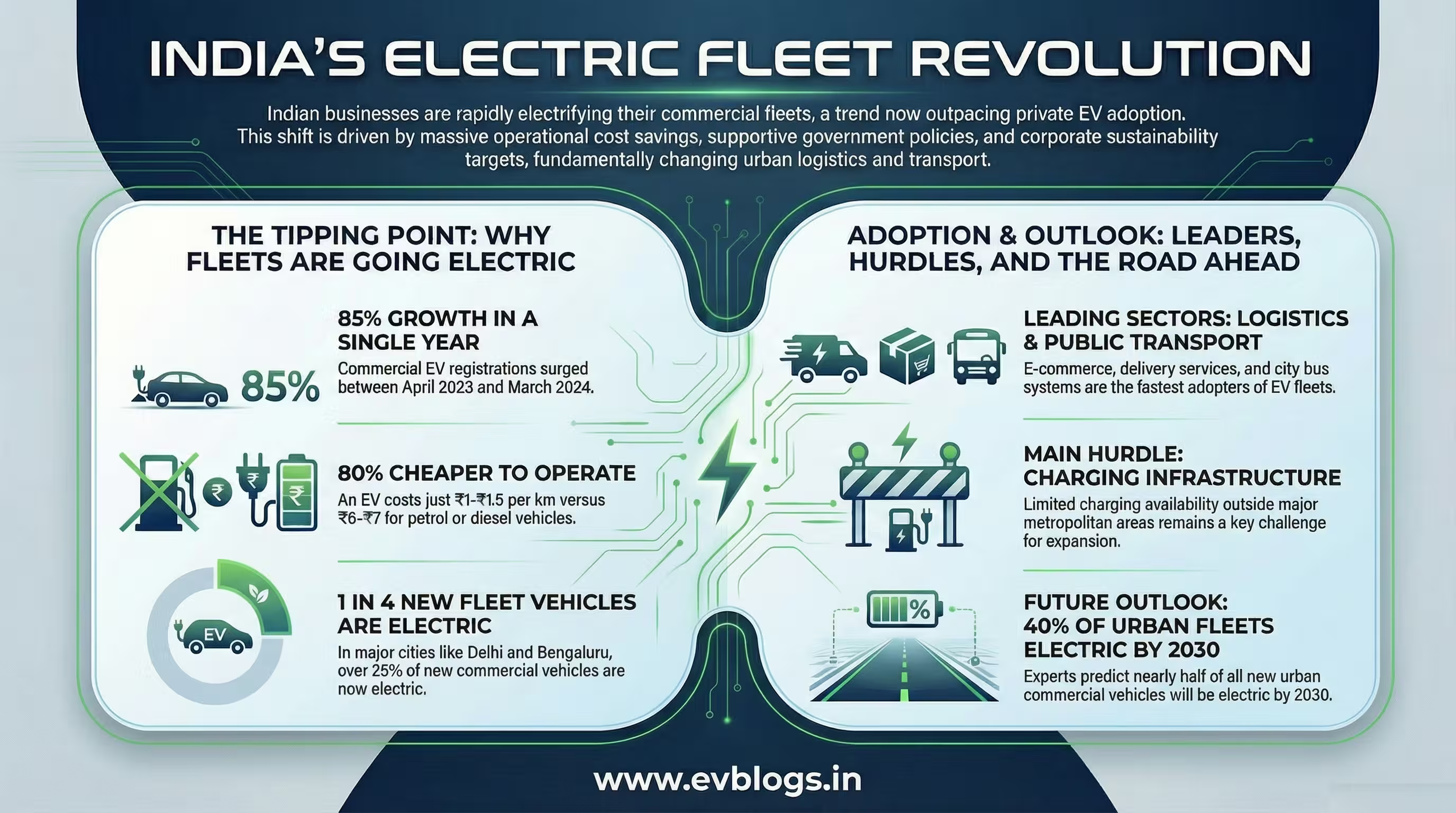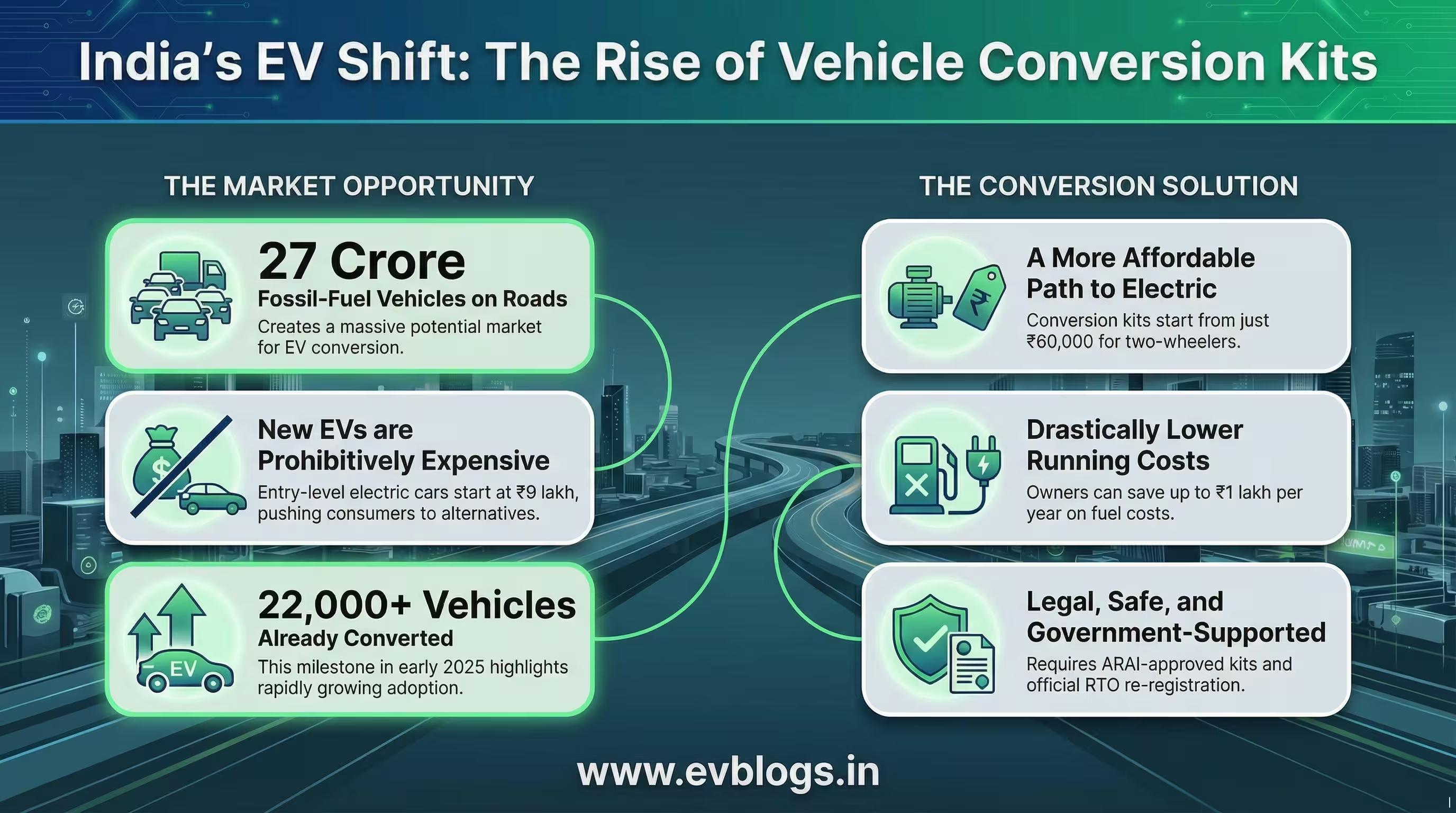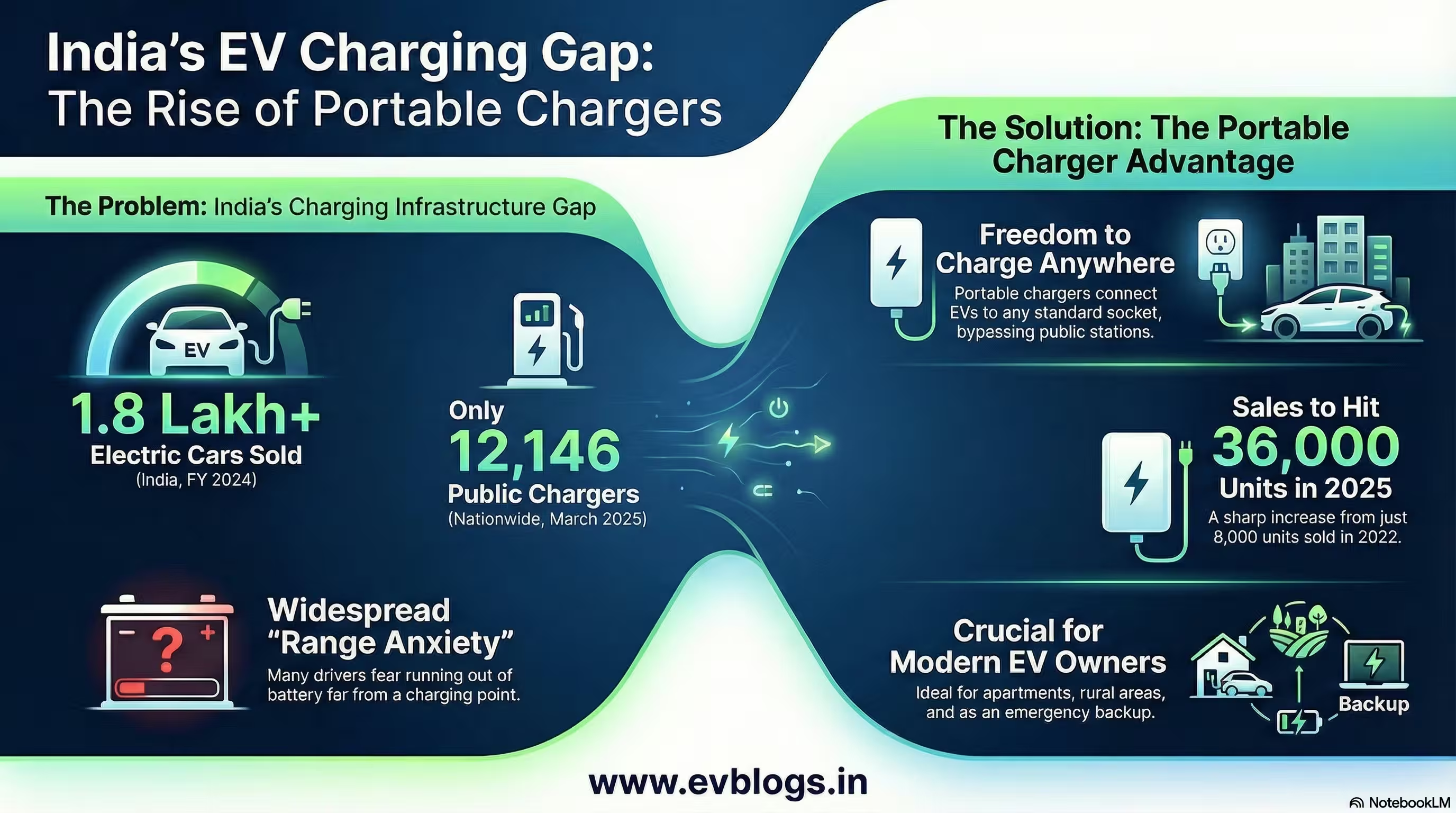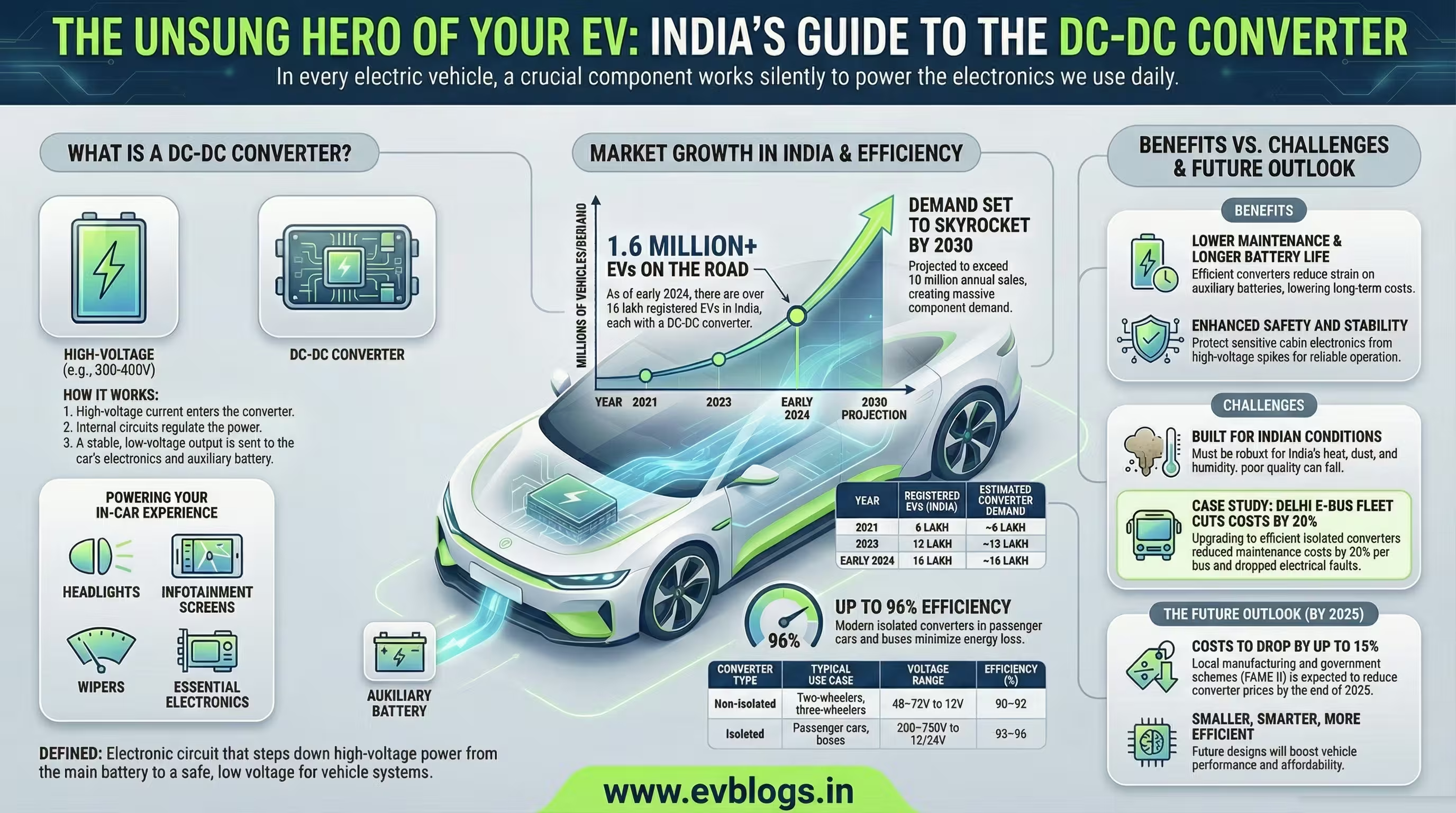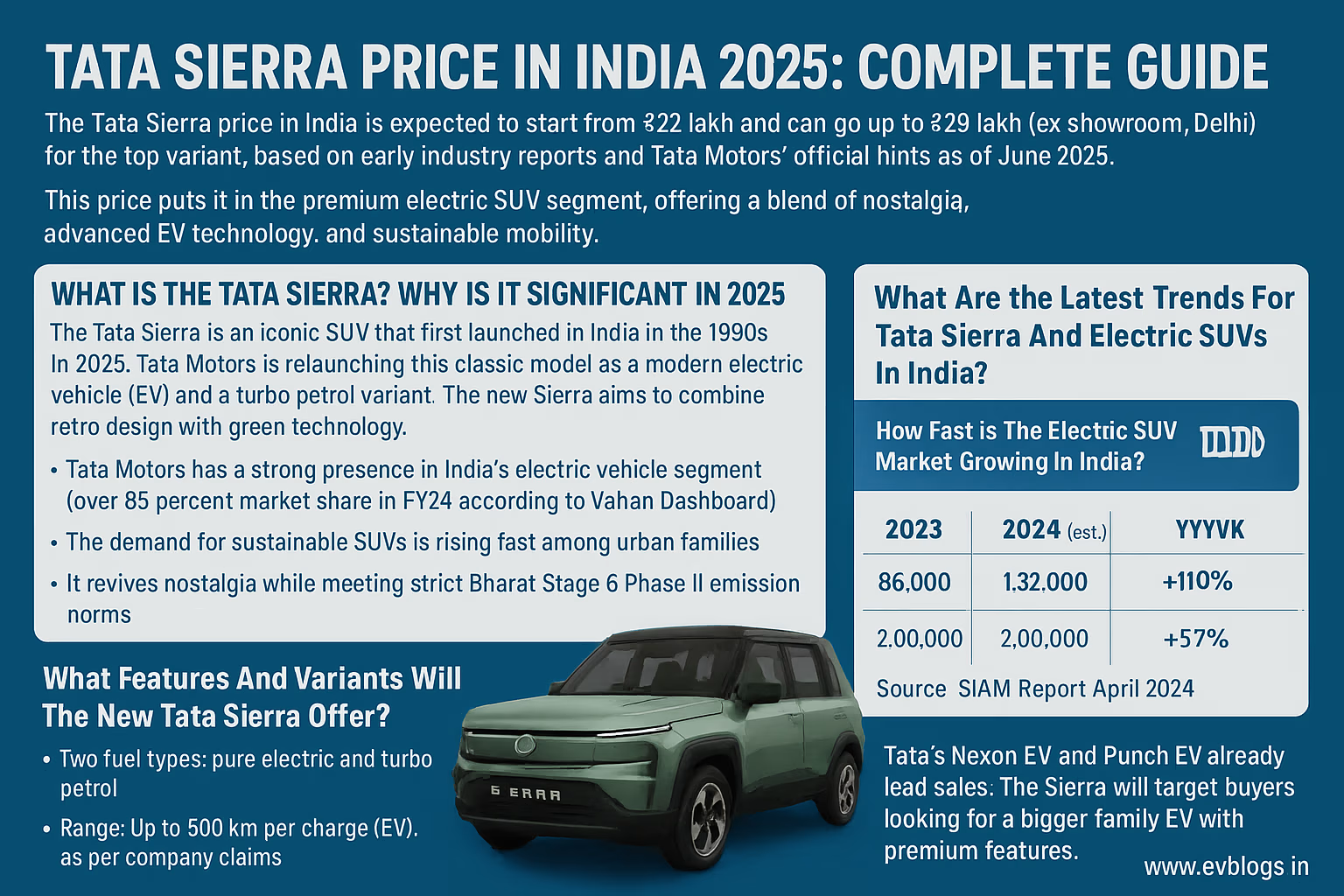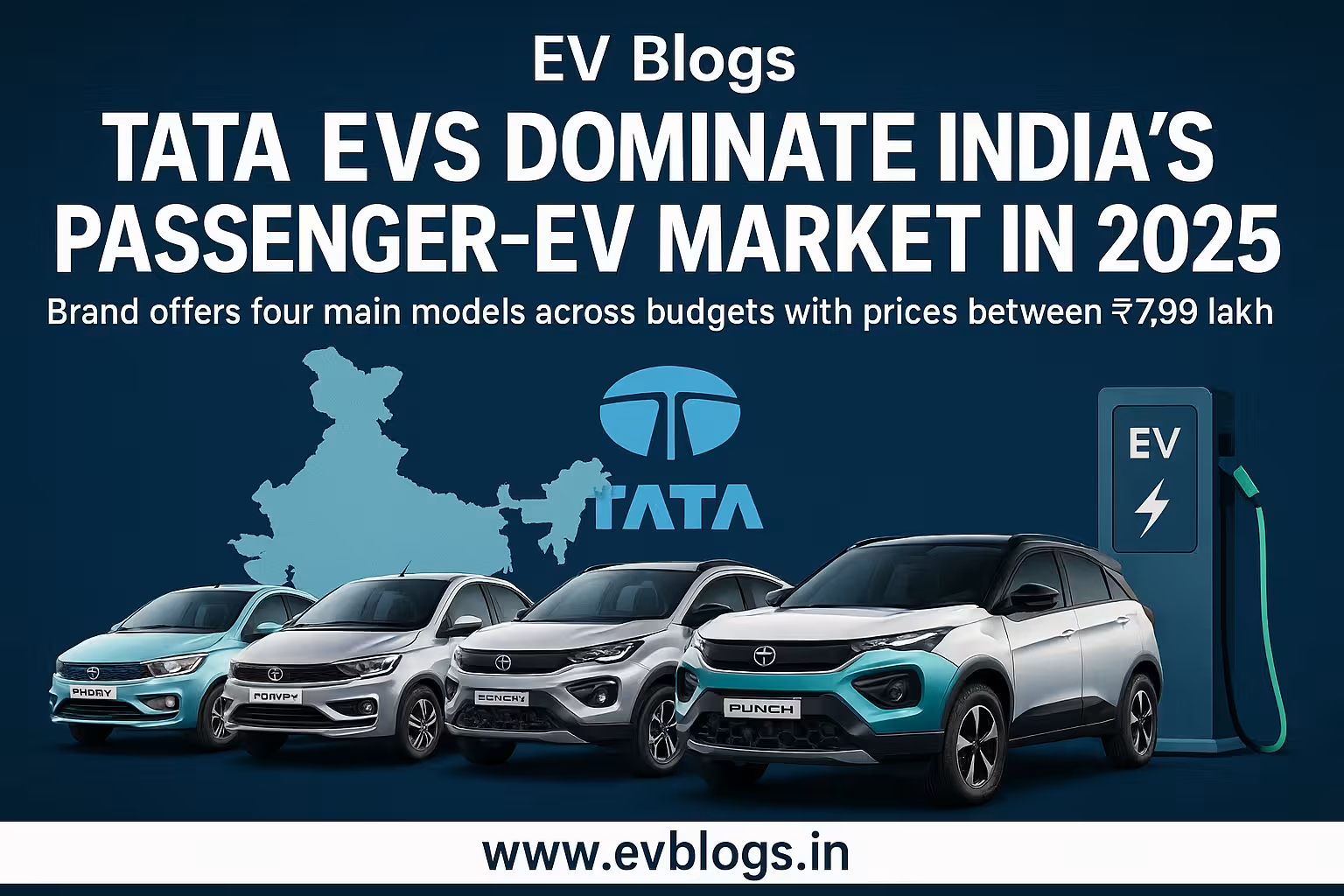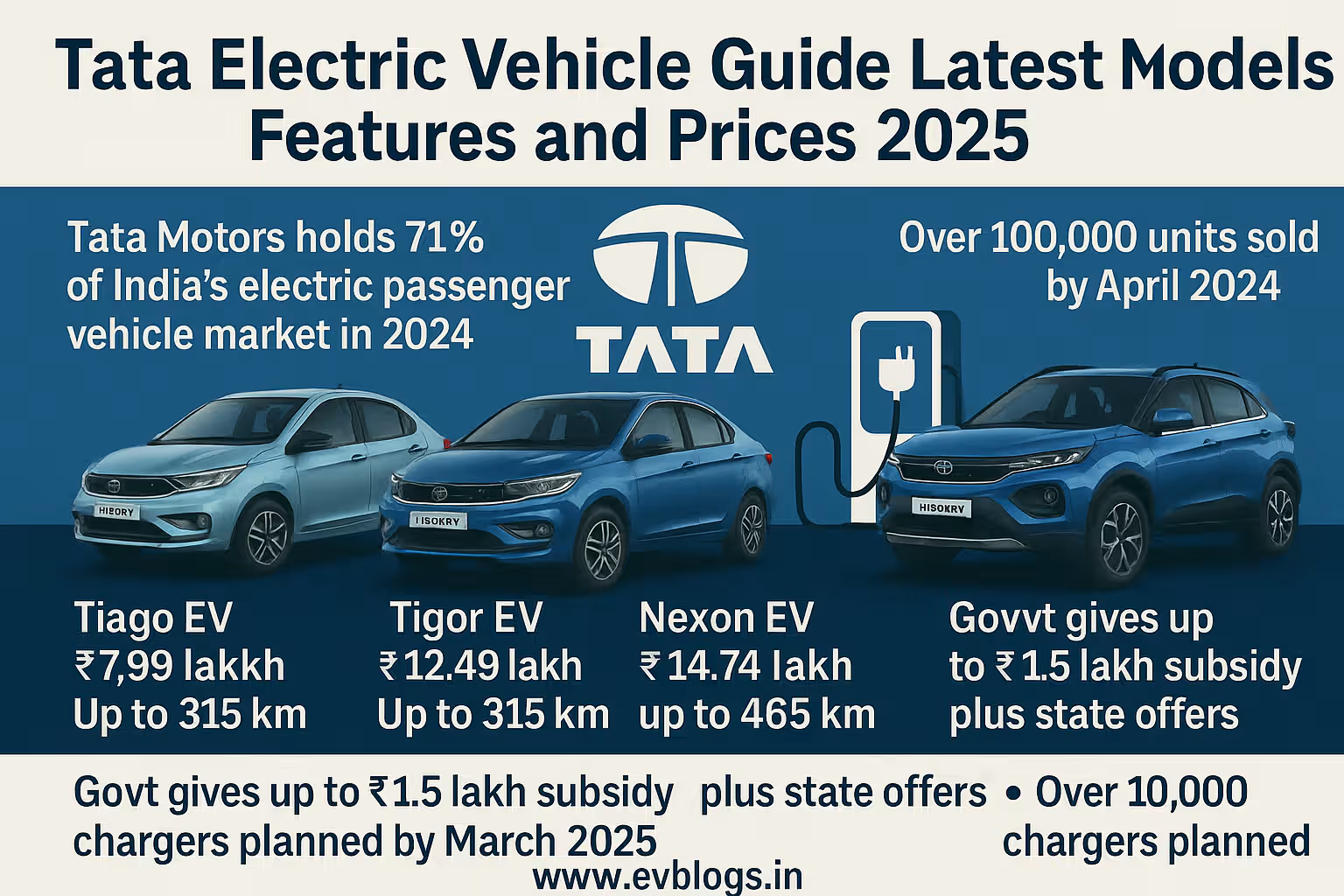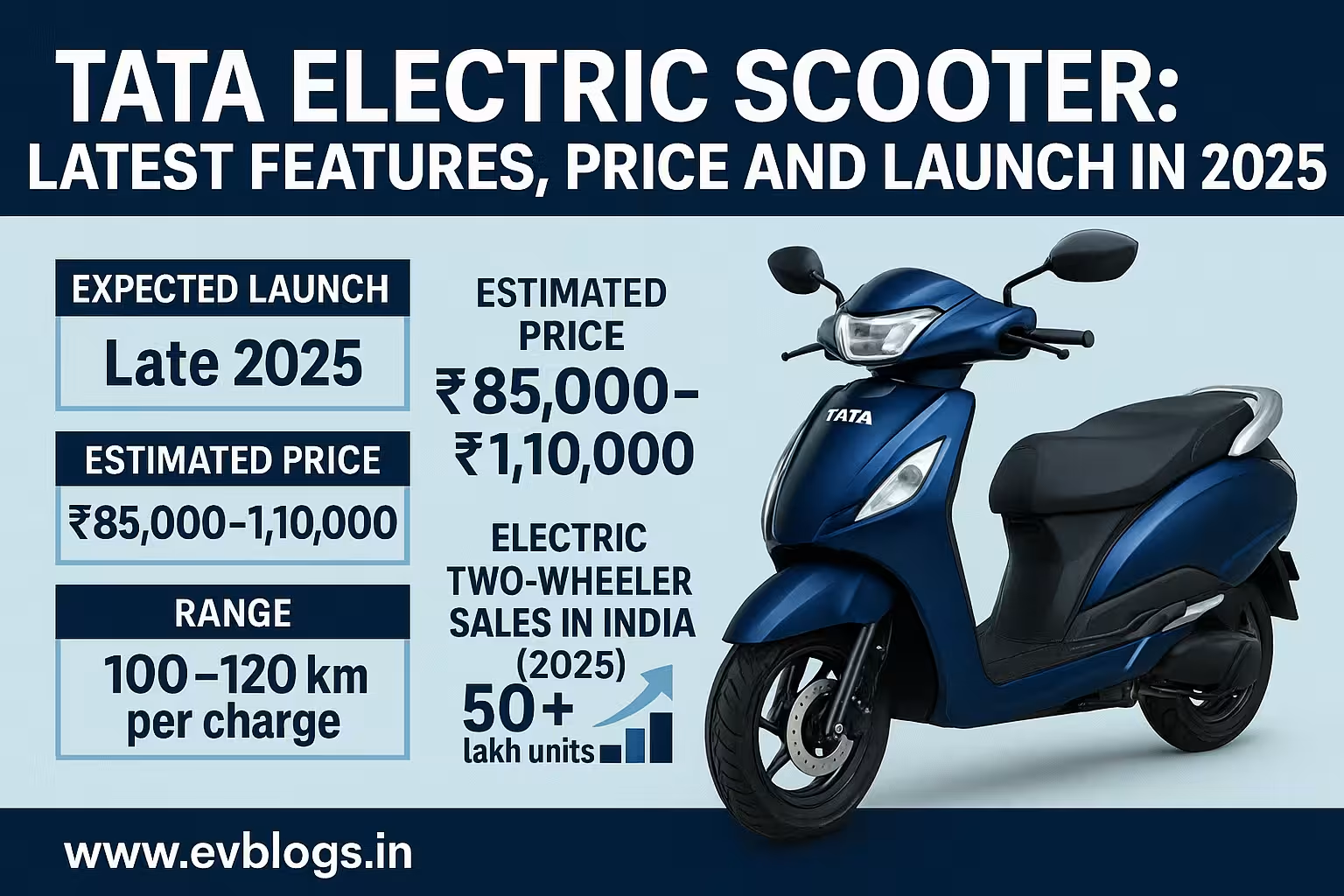Hedhvick Hirav
Hedhvick Hirav is a dedicated EV researcher and editor with over 4 years of experience in India’s growing electric vehicle ecosystem. Their contributions have been recognized in leading sustainability publications and automotive journals.
Summarize & analyze this article with
Choose an AI assistant and open this article directly:
Tip: if the AI doesn’t fetch the page automatically, paste the article URL manually.
NEW DELHI, Oct 18 — Kartikey Hariyani, CEO of Chargezone, has attributed the rapid growth of India’s electric vehicle (EV) charging infrastructure to supportive government policies. According to a recent report, Hariyani highlighted the role of regulatory frameworks and incentives in accelerating the deployment of EV charging stations across the country.
India has witnessed a significant increase in the number of public and private EV charging points in the past few years. This expansion is seen as a key driver for the adoption of electric vehicles, which remains a priority for the government’s efforts to reduce carbon emissions and dependence on imported fossil fuels.
Why policy matters for EV charging
Government initiatives such as the Faster Adoption and Manufacturing of Electric Vehicles (FAME) scheme, tax incentives, and relaxed regulations for setting up charging stations have created a favourable environment for both investors and consumers. Industry executives, including Hariyani, point out that these measures have directly contributed to the growth of the charging network.
The government has also introduced guidelines to standardise charging infrastructure and encourage private sector participation. This has led to increased investments from companies like Chargezone, Tata Power, and others, who are expanding their presence in key cities and along highways.
Key takeaways
- Government policies and incentives are central to the growth of EV charging infrastructure in India.
- The number of charging stations has increased, supporting the wider adoption of electric vehicles.
- Private sector participation has been encouraged through regulatory support and investment incentives.
Details
According to the Ministry of Power, India had over 8,700 public EV charging stations operational by mid-2023, a sharp rise from previous years. The government aims to install at least one charging station every three kilometres in cities and every 25 kilometres on highways under the FAME II scheme.
Chargezone, founded by Hariyani, has been among the companies investing heavily in expanding their network. The company has installed fast-charging stations in several major urban centres and along key travel corridors, aiming to address the range anxiety that has been a barrier to EV adoption.
Industry analysts note that continued policy support and investment will be crucial as India targets 30% electric vehicle penetration by 2030. However, challenges remain, including the need for grid upgrades, standardisation, and public awareness.
No direct expert quotes found in the original source.
TL;DR
The growth of EV charging infrastructure in India is being driven by government policies and incentives, with companies like Chargezone expanding their networks to support the country’s transition to electric mobility.
Sources
- google.com, 2023-10-17, Read original
Kartikey Hariyani, CEO of ChargeZone, emphasized that supportive government policies such as the Faster Adoption and Manufacturing of Electric Vehicles (FAME) scheme and incentives for infrastructure development have been crucial in accelerating the growth of EV charging networks in India. He noted that streamlined regulations, subsidies, and public-private partnerships have encouraged investment and innovation in the sector, enabling companies like ChargeZone to rapidly expand their charging station footprint across urban and highway locations. Hariyani also highlighted that continued policy support will be essential to meet the rising demand for electric mobility and to achieve national sustainability goals.
Chargezone CEO Kartikey Hariyani highlighted that supportive government policies—such as the FAME (Faster Adoption and Manufacturing of Electric Vehicles) scheme, reduced GST on EV charging, and incentives for infrastructure—have played a pivotal role in accelerating the growth of EV charging networks across India. He noted that these measures have encouraged private investment, streamlined regulatory processes, and made EV charging more accessible to consumers, which in turn has driven higher adoption rates of electric vehicles nationwide.
Kartikey Hariyani, CEO of Chargezone, highlighted that supportive government policies have played a crucial role in accelerating the growth of electric vehicle (EV) charging infrastructure in India. He pointed to initiatives such as the Faster Adoption and Manufacturing of Hybrid and Electric Vehicles (FAME) scheme, subsidies for EV adoption, and regulatory support for private charging stations as key drivers. According to Hariyani, these measures have encouraged investment, increased consumer confidence, and enabled companies like Chargezone to rapidly expand their charging network across major cities and highways.
Sources & quotes
- Publishing domain: google.com
- Published date: 2025-10-18T13:49:38+05:30
- Original URL: Read original (news.google.com/rss/articles/CBMitgFBVV95cUxPTnc5Y2U2ZWp4WUZpVVNfY3k0ZGtne… …)
Editorial Check
- Originality: 30 / 100 — The article appears to be a standard report on a CEO crediting government policy, a common theme in EV news.
- Helpfulness: 60 / 100 — It provides insight into the role of policy in EV charging growth, which is relevant for Indian EV readers.


